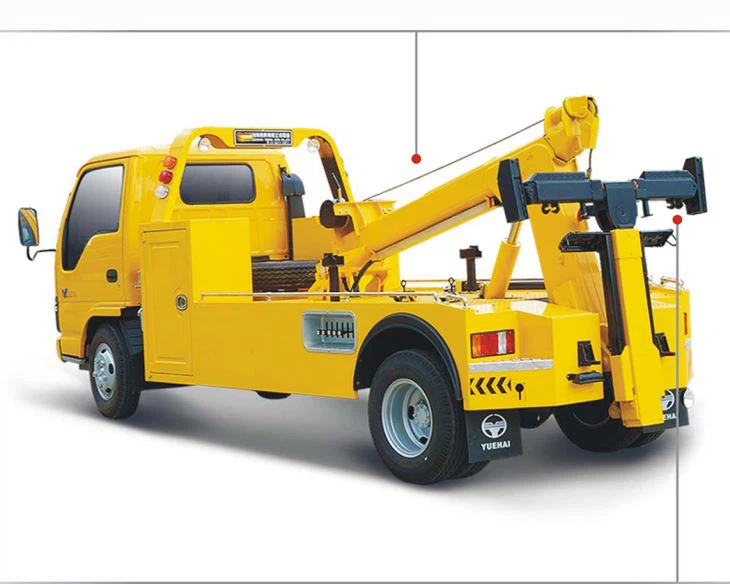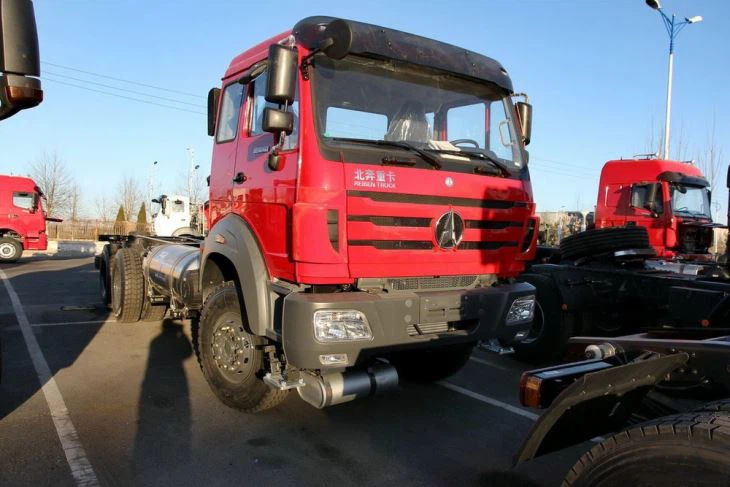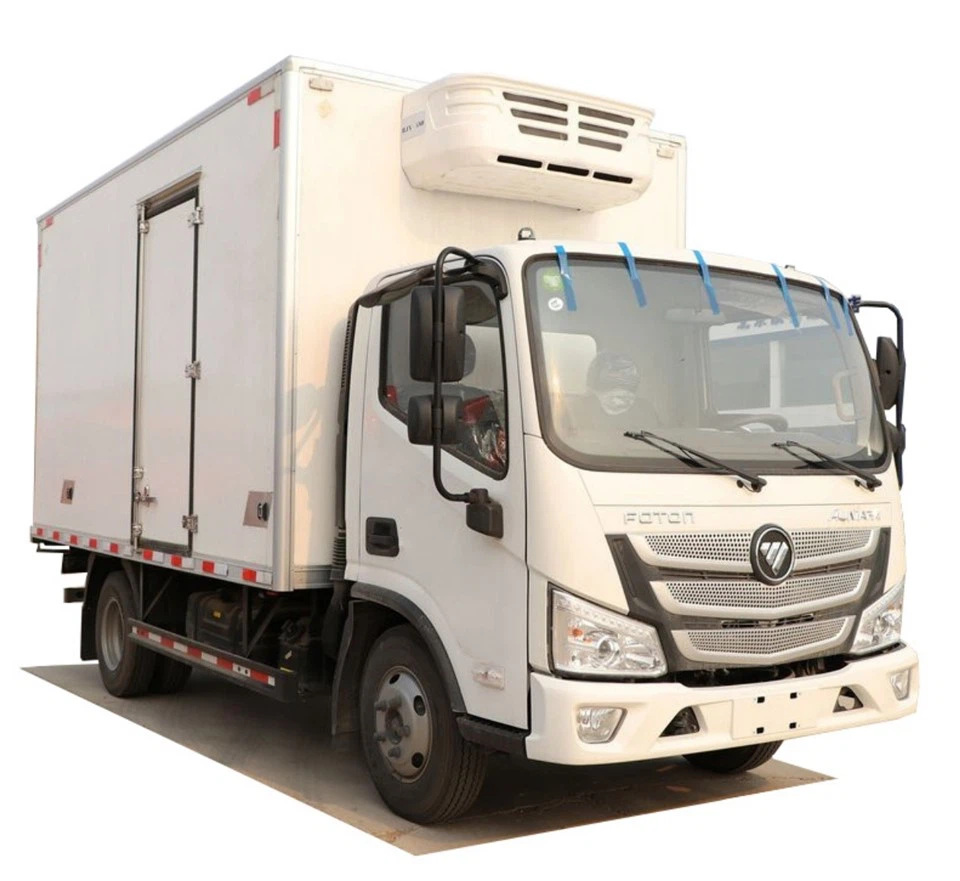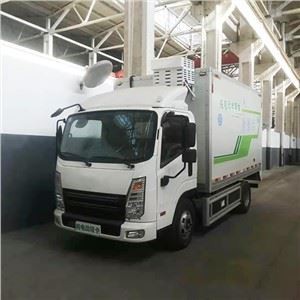Understanding Small Fuel Trucks: Essentials, Benefits, and Practical Insights

Introduction

Small fuel trucks are a vital part of various industries and operations, providing a flexible and efficient means for transporting fuel to different locations. Whether for commercial use, agricultural purposes, or emergency services, these vehicles offer a practical solution for fuel distribution in areas that might be otherwise inaccessible or where conventional fuel delivery systems fall short. In this article, we will explore the various aspects of small fuel trucks, including their features, benefits, applications, types, maintenance tips, and much more.
What is a Small Fuel Truck?
A small fuel truck is a specialized vehicle designed for the transport and delivery of fuel such as gasoline, diesel, or lubricants. Typically smaller than standard fuel tankers, these trucks are easier to maneuver and can access tighter spaces, making them ideal for urban and remote settings.
Key Features of Small Fuel Trucks
- Compact size for improved maneuverability
- Variety of tank sizes to suit different needs
- Built-in pumps for efficient delivery
- Safety features to handle hazardous materials
- Customizable options for specific fuel types
- Compliance with environmental regulations
Benefits of Using Small Fuel Trucks
Choosing a small fuel truck comes with several advantages that can significantly impact operational efficiency and cost-effectiveness.
1. Flexibility and Accessibility

Small fuel trucks can navigate tight spaces and difficult terrain, making them suitable for urban areas, construction sites, farms, and remote locations.
2. Cost-Effectiveness
Smaller trucks generally have lower operational costs compared to larger tankers, both in terms of fuel consumption and maintenance.
3. Efficient Fuel Delivery
With built-in pumps and hoses, small fuel trucks can quickly and safely dispense fuel where it is needed, reducing downtime for businesses.
Applications of Small Fuel Trucks
Small fuel trucks are used in a variety of sectors, illustrating their versatility. Here are some common applications:
1. Construction Sites
Fuel trucks deliver diesel to heavy machinery, ensuring that equipment remains operational throughout the workday.
2. Agricultural Operations

Farmers utilize small fuel trucks to store and dispense fuel for tractors and other farm equipment, allowing for uninterrupted farming activities.
3. Emergency Services
In disaster relief situations, small fuel trucks can provide essential fuel supply for generators and emergency vehicles.
4. Retail Fuel Supply
Small fuel trucks are used by service stations to refill tanks, especially in areas where large trucks cannot physically access fuel dispensers.
Types of Small Fuel Trucks
There are various types of small fuel trucks, each designed to meet specific needs. Here are the more common categories:
1. Gasoline Delivery Trucks
These trucks are equipped to handle and deliver gasoline to service stations and other consumers.
2. Diesel Delivery Trucks
Designed specifically for handling diesel fuel, these trucks often come with features tailored for the transport of diesel equipment and vehicles.
3. Bulk Fuel Trucks
Bulk fuel trucks can carry different types of fuel and are typically used in commercial or industrial settings.
Choosing the Right Small Fuel Truck
When selecting a small fuel truck for your operations, consider the following factors:
1. Fuel Type
Determine the primary type of fuel you will be transporting. Different trucks are engineered for specific fuels, such as gasoline or diesel.
2. Tank Size
The size of the tank should accommodate your fuel delivery needs without being unnecessarily large, which could increase operational costs.
3. Required Features
Consider features such as pump size, hose length, and safety equipment, which vary by model.
4. Budget
Establish your budget, taking into account not only the purchase price but also operating costs such as maintenance, insurance, and licensing.
Maintenance and Safety Tips for Small Fuel Trucks
Regular maintenance is essential for the effective operation of small fuel trucks. Here are some key tips:
1. Regular Inspections
Conduct inspections on a regular basis to check for leaks, corrosion, and wear and tear on components.
2. Cleaning and Maintenance of the Tank
Ensure the fuel tank is properly cleaned and maintained to avoid contamination of the fuel.
3. Safety Gear
Equip the truck with emergency response gear, including fire extinguishers and spill kits, to enhance safety during operations.
4. Training Personnel
Ensure that personnel involved in operating the truck are adequately trained in fuel handling and emergency procedures.
Practical Examples of Small Fuel Truck Operations
Understanding how small fuel trucks operate in real-world scenarios can provide helpful insights:
Example 1: A Local Construction Company
A construction company may utilize a small fuel truck to ensure that machinery on site remains fueled throughout the day, effectively reducing downtime and maintaining productivity.
Example 2: Agricultural Fuel Delivery
Farmers use small fuel trucks to transport diesel from local suppliers to their farms, allowing them to fuel equipment without traveling long distances.
Example 3: Emergency Response
In the aftermath of a hurricane, small fuel trucks deliver fuel to vital locations such as hospitals and shelters, demonstrating their importance in crisis situations.
Regulations Surrounding Small Fuel Trucks
Compliance is paramount when it comes to operating small fuel trucks. Familiarize yourself with essential regulations:
1. Environmental Regulations
Adhere to local environmental laws regarding fuel transport to prevent pollution and destruction of natural resources.
2. Safety Standards
Ensure that the truck meets industry safety standards, including those set forth by agencies such as the Department of Transportation (DOT) or the Environmental Protection Agency (EPA).
3. Registration and Licensing
Confirm that your vehicle is registered and that you possess the necessary licenses to operate a commercial fuel vehicle.
Frequently Asked Questions (FAQ)
1. What kind of fuel can small fuel trucks carry?
Small fuel trucks can generally carry gasoline, diesel, and lubricants. Some models are designed for multi-fuel capacity.
2. How do small fuel trucks deliver fuel?
Small fuel trucks use built-in pumps and hoses to deliver fuel directly to the tanks or machinery they are servicing.
3. Are small fuel trucks safe to operate?
Yes, as long as proper safety protocols are followed, including maintenance checks, training, and equipment inspections.
4. What maintenance do small fuel trucks require?
Regular inspections, tank cleaning, and safety equipment checks are essential for maintaining small fuel trucks.
5. How do I choose the right small fuel truck for my needs?
Consider the type of fuel, tank size, required features, and your budget when selecting a small fuel truck.
6. Can small fuel trucks be used for emergency services?
Yes, small fuel trucks are often used in emergency situations to deliver fuel to critical infrastructure like hospitals and shelters.
